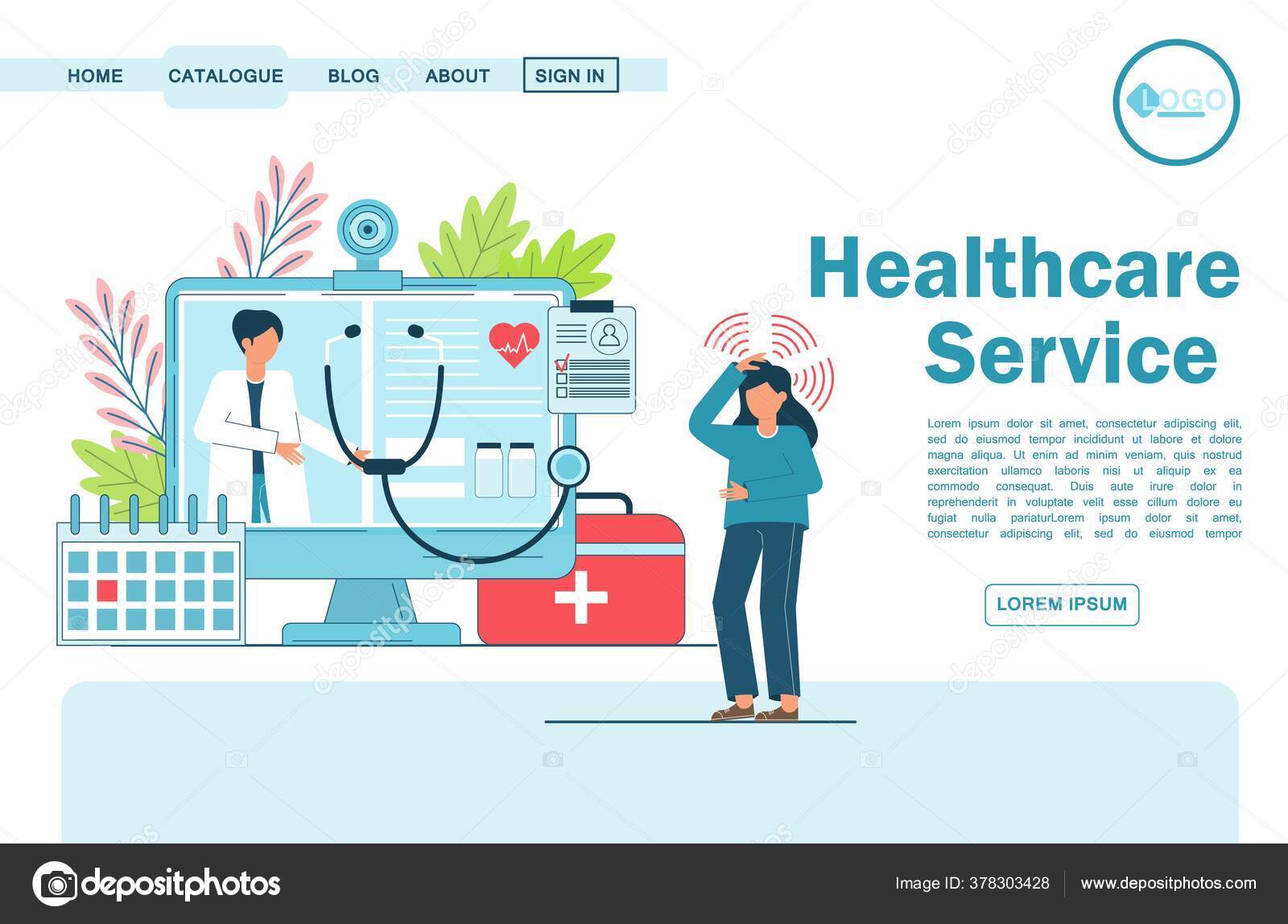Discover the Benefits of Subscription Based Healthcare for Affordable Medical Care
Discover the Benefits of Subscription Based Healthcare for Affordable Medical Care
Blog Article
Comprehending the Cost-Effectiveness of Subscription-Based Medical Care Models
As the healthcare landscape develops, subscription-based designs emerge as a compelling option, assuring to redefine just how people handle clinical costs. Examining these designs' cost-effectiveness necessitates a nuanced contrast with traditional insurance, thinking about both economic implications and person fulfillment.
Introduction of Subscription-Based Designs
Subscription-based health care models, sometimes described as straight medical care or concierge medicine, are increasingly obtaining focus as a prospective service to inefficiencies within traditional healthcare systems. These versions operate the principle of offering patients straight access to doctor via a yearly or monthly cost, bypassing the requirement for conventional insurance systems. This setup aims to improve patient-provider interactions by lowering administrative burdens, which typically hinder customized and prompt care.
At the core of subscription-based versions is the emphasis on an extra customized patient experience. Individuals benefit from improved access to their doctors, often consisting of same-day or next-day consultations, extended appointment times, and direct communication networks such as phone or video phone calls. This model cultivates a proactive technique to healthcare, where clients and companies can collaboratively focus on preventative treatment and chronic disease administration.

Price Comparison With Conventional Insurance Coverage

Among the key financial advantages of registration models is transparency in costs. Clients pay a predictable charge, which can simplify budgeting and monetary planning. Additionally, these versions usually get rid of co-pays and deductibles for protected solutions, minimizing out-of-pocket costs. On the other hand, standard insurance policy might be much more beneficial for people calling for specialized treatment or costly treatments not covered under a subscription model, as they gain from the more comprehensive coverage network and cost-sharing mechanisms.
Nonetheless, cost-effectiveness is context-dependent. While membership versions may offer financial savings for those mainly needing health care, people with chronic conditions or specialized medical care requirements could discover conventional insurance coverage more thorough. For that reason, reviewing particular medical care requirements and prospective use is important in identifying one of the most economical alternative for individuals.
Effect on Individual Fulfillment
Client satisfaction within subscription-based medical care models typically shows a substantial enhancement over typical insurance coverage systems. Unlike typical systems, where clients could experience delays in getting treatment, subscription-based designs make sure more timely and straight interactions with healthcare service providers.
Furthermore, the openness in expenses connected with subscription-based health care alleviates the common stress associated to unanticipated fees and complicated invoicing procedures seen in conventional insurance (subscription based healthcare). Individuals value knowing the specific economic commitment upfront, bring about enhanced trust and confidence in their health care management
In addition, the focus on precautionary treatment and health in visit subscription models adds to enhanced health and wellness outcomes, further boosting individual complete satisfaction. By concentrating on continuous wellness maintenance as opposed to episodic care, patients experience an even more all natural and continuous healthcare trip.
In addition, the boosted provider-patient partnership fostered in these designs, defined by even more time invested per individual and tailored focus, plays a vital function in boosting client contentment levels, as individuals really feel really looked after and understood.
Company Point Of Views and Experiences
From the service provider's point of view, subscription-based healthcare designs provide a transformative method Full Article to supplying clinical services. These designs highlight a preventative and positive healthcare technique, enabling service providers to concentrate on thorough client treatment without the restraints of standard fee-for-service plans (subscription based healthcare). This change in focus usually causes boosted individual end results and increased copyright satisfaction, as medical care specialists can assign more time and sources to individual engagement and individualized care plans
Furthermore, subscription models facilitate foreseeable income streams, which enhance economic stability for doctor. This predictability permits for improved resource planning and appropriation, adding to a much more reliable healthcare distribution system. Service providers can spend in personnel training, modern technology, and infrastructure renovations, thus enhancing the high quality of care used.
However, the change to subscription-based designs is not without obstacles. Suppliers should adjust to new functional frameworks, which can include significant modifications in billing techniques and patient administration systems. Additionally, there is an intrinsic need for robust information management to track individual end results and guarantee top quality treatment. Despite these difficulties, many carriers find that the advantages of raised client communication and structured operations exceed the initial difficulties, making subscription-based models an attractive choice.
Future Potential Customers and Difficulties

A primary challenge is governing conformity, as membership models must stick to progressing health care policies and insurance coverage demands. This necessitates continual adjustment and development to ensure placement with legal standards. In addition, integrating these models right into existing medical care frameworks can be intricate, calling for substantial investments in modern technology and training.
There is likewise the potential threat of producing injustices in health care accessibility, as membership designs might prefer those who can afford them, leaving vulnerable populaces underserved. Addressing this needs thoughtful factor to consider of prices strategies and subsidy devices to guarantee inclusivity.
Verdict
Subscription-based medical care models provide a sensible choice to traditional insurance by offering economic predictability and openness, especially benefiting people with chronic conditions or constant health care needs. The cost-effectiveness of these designs is contingent upon private healthcare use patterns and scenarios.
Subscription-based healthcare versions, sometimes referred to as direct key treatment or attendant medication, are significantly gaining attention as a possible remedy to inadequacies within typical medical care systems. Unlike typical systems, where individuals may experience delays in receiving treatment, subscription-based versions make sure more direct and timely communications with health care carriers.
These versions highlight a proactive and preventative medical care method, enabling service providers to focus on thorough person treatment without the constraints of traditional fee-for-service setups. As these designs continue to obtain traction, they offer the possible to transform patient accessibility to care, improve solution you could check here delivery, and optimize medical care spending.Subscription-based health care designs present a practical option to conventional insurance coverage by providing economic predictability and transparency, especially profiting individuals with persistent conditions or constant health care demands.
Report this page